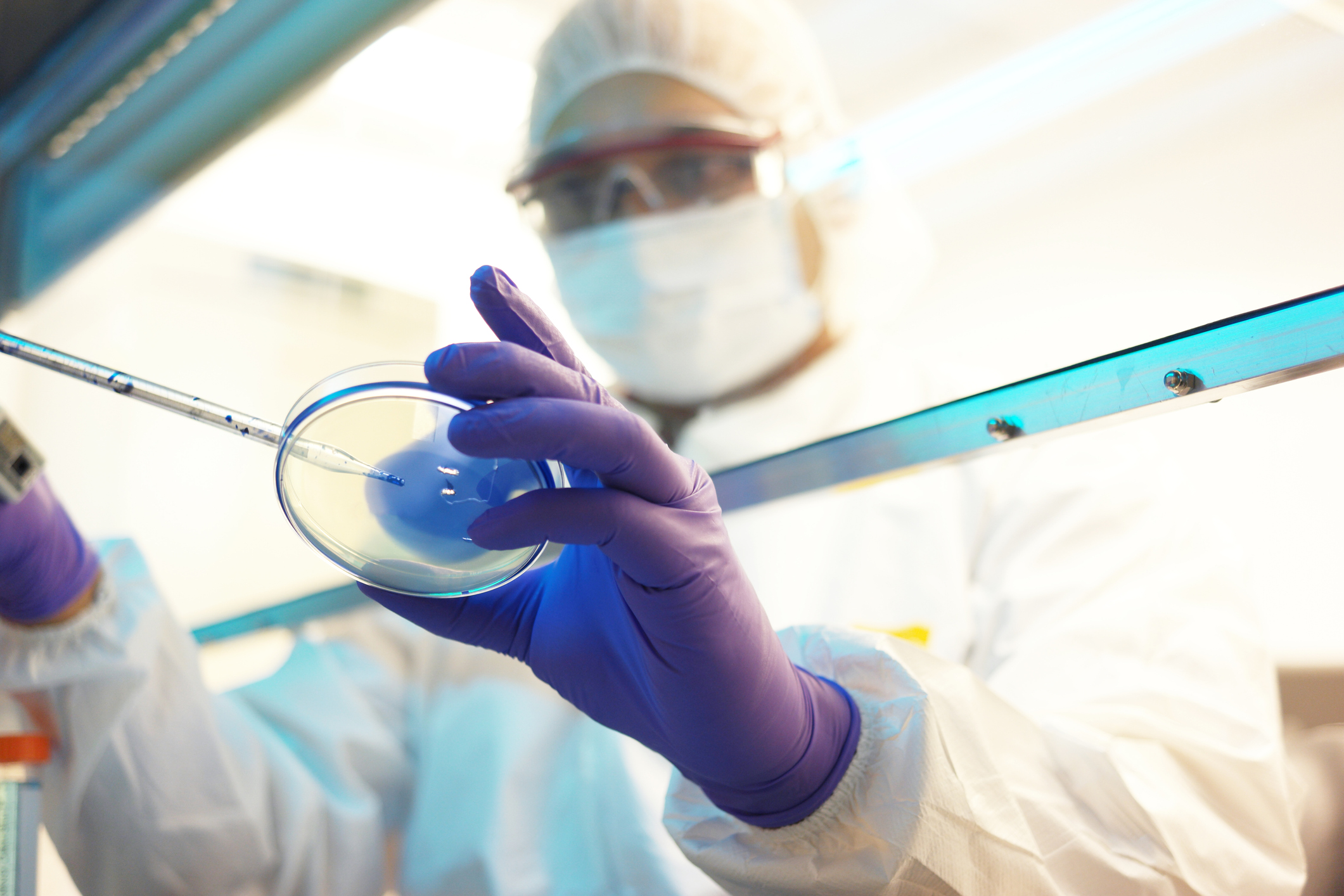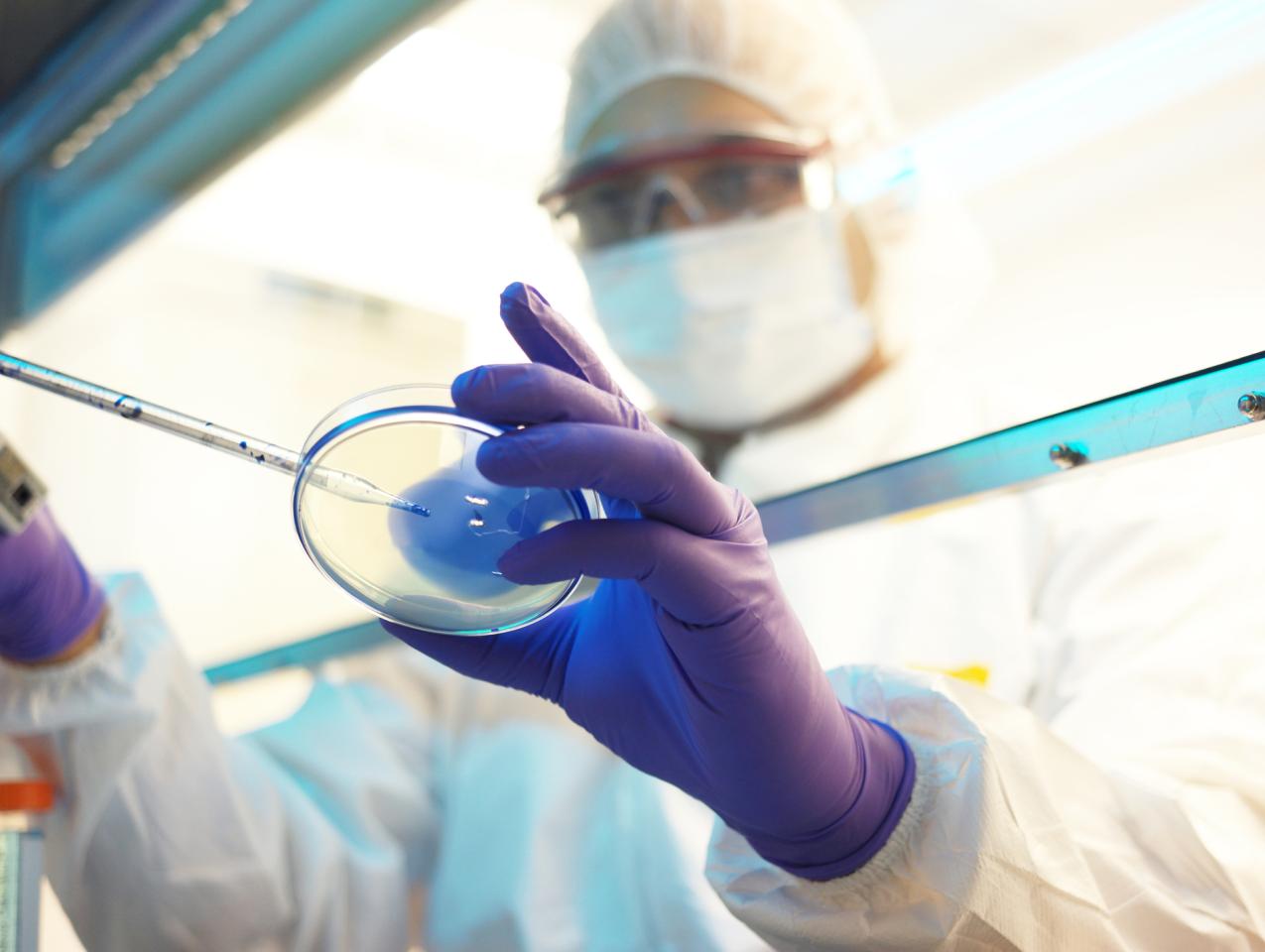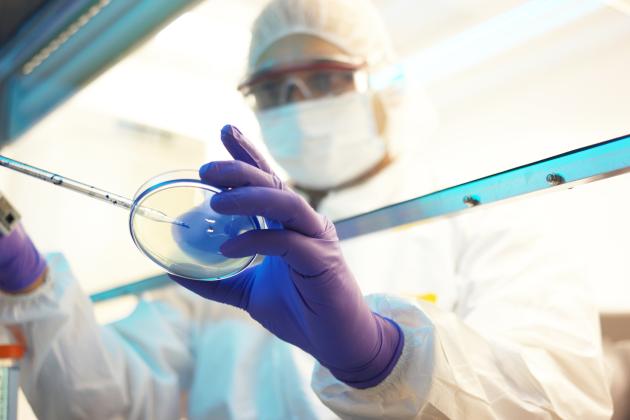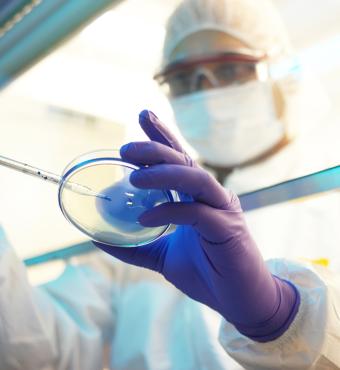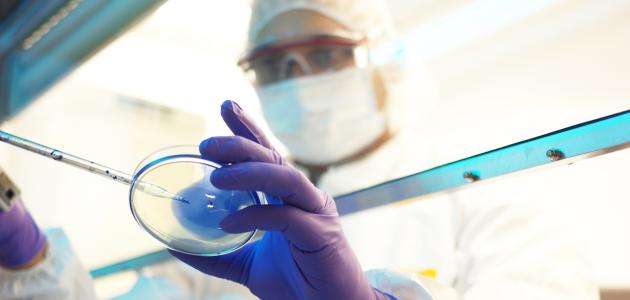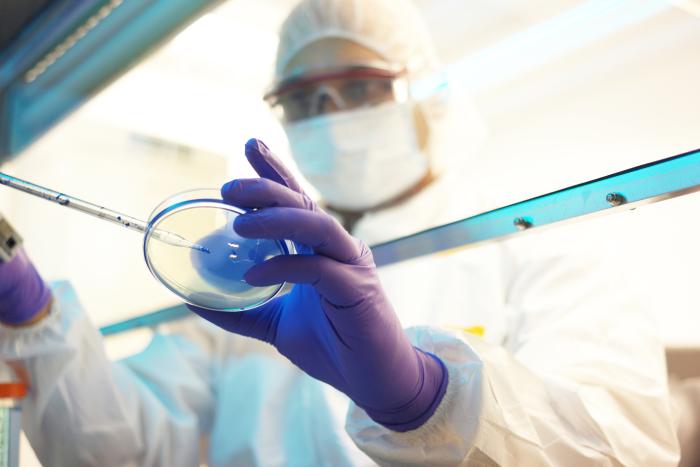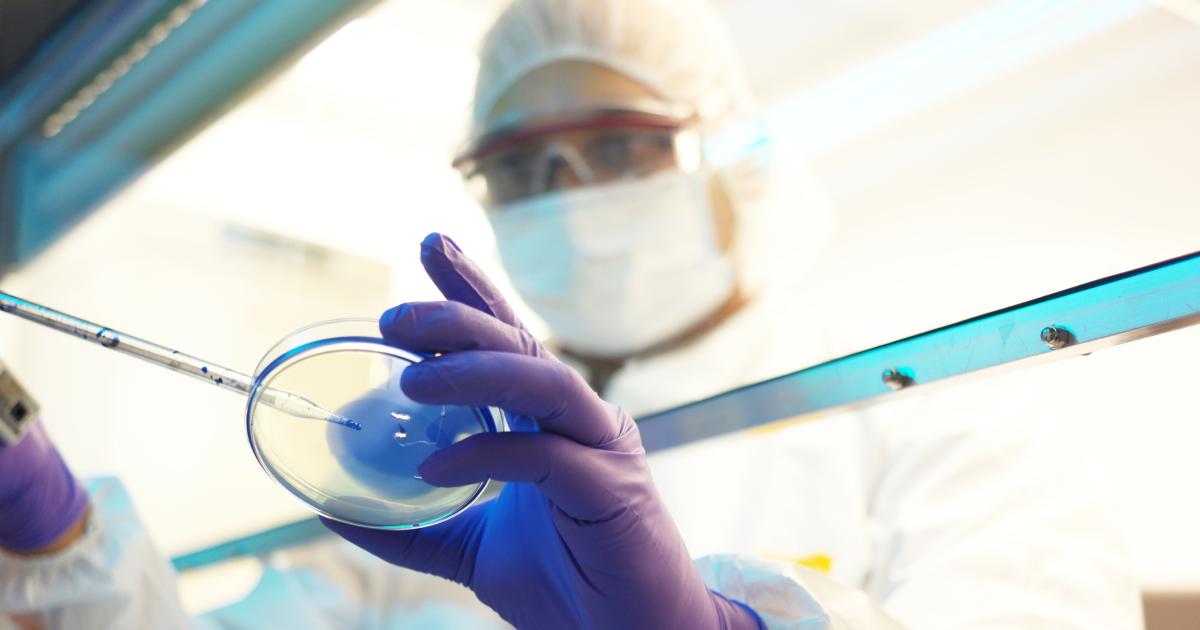- Energy & Environment
- Science & Technology
- Health Care
- Law & Policy
ABSTRACT:
Generic penetration in the U.S. pharmaceutical market has increased, providing significant gains in consumer surplus. What impact has this had on the rate and direction of pharmaceutical innovation? While the overall level of drug development activity has increased, our estimates suggest a sizable, robust, negative relationship between generic penetration and early-stage pharmaceutical innovation. A 10% increase in generic penetration is associated with an approximately 8% decline in early-stage innovations in the same therapeutic market. When we restrict our sample to novel innovations, we find that a 10% increase in generic penetration is associated with a roughly 6% decline in early-stage innovations in the same market. Our estimated effects appear to vary across therapeutic classes in sensible ways, reflecting the differing degrees of substitution between generics and branded drugs. Finally, we document that with increasing generic penetration, firms are shifting their R&D activity towards more biologic-based products and away from chemical-based products. We conclude by discussing potential implications of our results for long-run welfare, policy, and innovation.
Read the paper: Starving (or Fattening) the Golden Goose: Generic Entry and the Incentives for Early-Stage Pharmaceutical Innovation






